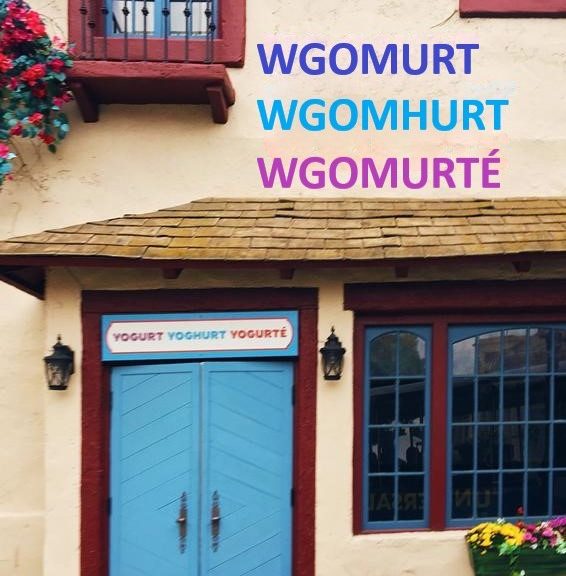After finishing The Good Place a few days ago, I’ve found that it hasn’t been far from my mind. Obviously the show has some appeal for me, what with all the philosophy talk and such. But I wanted to say a few words, specifically in response to something Nibs said earlier.
Heads up, spoilers may abound. You’ve been warned. Also, this is a bit rambling. Again, you’ve been warned.
Anyway, here’s what Nibs wrote:
I really liked the horror of infinite wish fulfillment as a kind numbing negative thing. I'm not sure that I'm totally sold on their solution to the issue, but it was vastly better than "everything perfect forever" as an ending.
This question – and the whole show really – touches (embraces, encircles, confronts directly) one of the great questions in life: what do we want the afterlife to be?
It’s no secret that I’m a person of faith. I believe in an afterlife. But even if you don’t, I think this question really captures something fascinating about human nature. If you had infinity time, what would heaven be? Can anything infinite even really be called heaven?
The Good Place captured this succinctly, with the happiness zombies in the Good Place, where people were completely numb. Infinite wish fulfillment is, frankly, crap, according to human nature. We crave challenge, growth, improvement, variety, etc. That’s just in our nature. And it is precisely why traditional notions of heaven are so… depressingly boring. Harps and clouds and sitting around with nothing to do. Blech. But even if heaven is infinite wish fulfillment… is that really better? According to The Good Place the answer is clearly “no.”
So what would we want the afterlife to be? It’s actually a topic I’ve spent a long time thinking about, particularly since my sister passed away. Now, I believe in a Heaven and a Hell, and that, in some form or another, what we do on Earth directs what our afterlife might be. But I also don’t super-subscribe to traditional notions of afterlife and that somehow sitting quietly in a church your whole life is what gets you to heaven.
In fact, that notion is part of what helps me think about the afterlife. See, I think life is meant to be lived, not hidden away from. If you want to be a good person, in the truly virtuous sense of the word, that probably means getting out in the world and living life to the fullest. Being a positive influence in people’s lives. Loving. Laughing. Crying. Suffering. There is beauty in struggle. There is something human in pain. If we could just infinitely waive away all unpleasantness, we’d basically be those happiness zombies of the Good Place.
So for me, the test of whether you would get into heaven at all turns less on traditional notions of “good” and more on notions of whether you’ve lived life the fullest in a virtuous way. Did you seize your opportunities to make the world better? Did you push yourself to grow? Did you suffer loss because you had things worth losing?
And I think to some extent, this approach helps address the “problem of infinity.” A person who lives fully is going to be less likely to be bored with the afterlife than a person who just seeks the pleasurable ends. Ultimately, I think the true answer to the problem of infinity is that time doesn’t exist in the afterlife – we’ll all experience it the way Janet does (or maybe as the dot over the ‘i’?) – but I think the notion of an afterlife that fulfills human nature is a heck of a lot more appealing than the traditional notions.
I also think that there is one final smart move that The Good Place made: in having characters walk through that final door, they left the ultimate afterlife as an unknown. Which, of course, it is. But they showed that essence of Eleanor drifting back to Earth and landing on that one guy, who was influenced to bring Michael his mail. That influence itself is a huge part of the afterlife: namely, the way we live on here on Earth, after our lives. We want to have a lasting impact on the people still here (note: the absence of children for all the characters makes perfect sense, but I’d love to see what they’d have done if any of the main 4 had had kids on Earth).
In this regard, too, I think that “living life to the fullest” approach is essential. How many people have impacted your life for the better by sitting quietly and avoiding their own temptations? Probably very few. But how many have impacted your life for the better by either seizing opportunities, living their lives fully, or helping you do the same? And, maybe somewhat depressingly, how many more times could our lives have been better if we’d seized those chances?
Anyway, I’m officially rambling now. But I wanted to get some thoughts down, because they’ve been burning a hole in my head. These are fun questions to think about. And for me the conclusion to be reached – and, the ultimate takeaway from The Good Place – is this:
Life – and the afterlife - is an opportunity to be seized, and Good is in the struggle.

